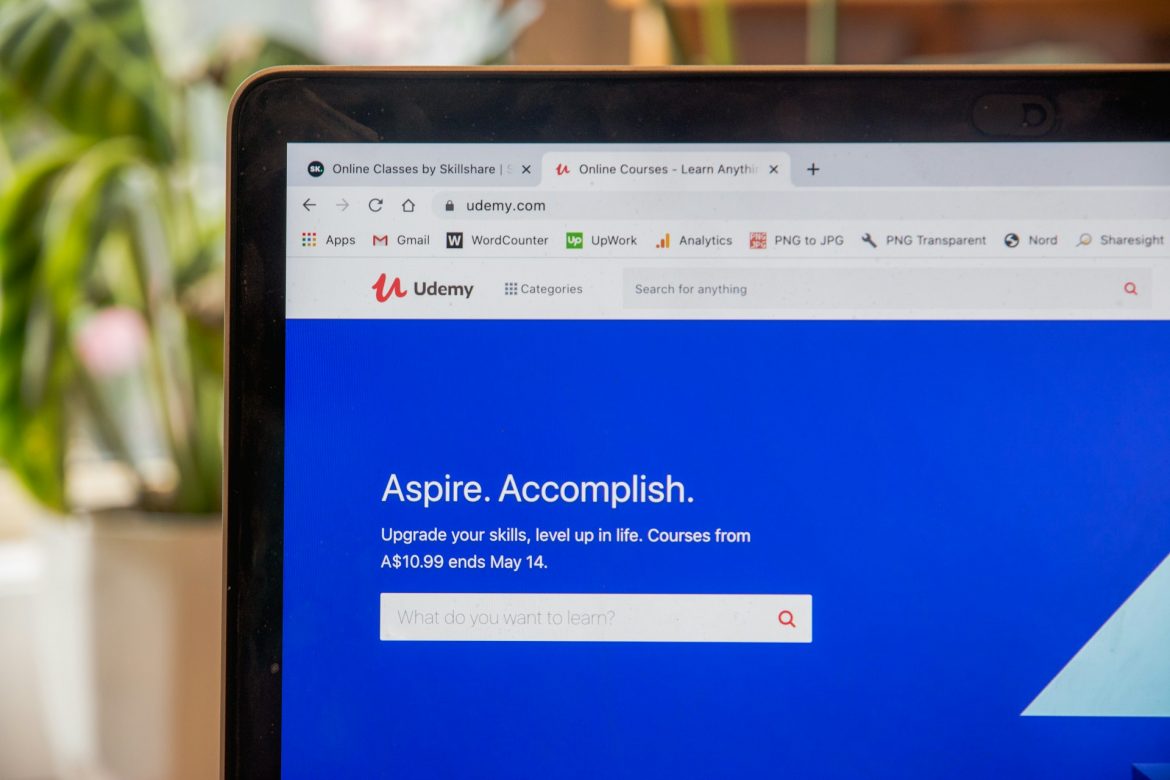Bordeaux, the City of Wine, enchants not only with its vineyards but also with its vibrant fashion scene. For those passionate about style and with a knack for navigating the intricacies of personal image, a career as a personal shopper in Bordeaux can be both fulfilling and lucrative.
This article delves into the exciting world of personal shopping in Bordeaux, exploring the necessities, rewards, and unique aspects of working in this beautiful French city. Do you like shopping? If you like fashion, you can get personal shopper jobs at The Personal Shopper Agency.
Parisian Flair with Bordeaux Charm: What Sets Bordeaux Apart?
Bordeaux boasts a distinctive fashion identity. While it reflects Parisian trends, it retains a certain relaxed elegance. Think sophisticated staples with a touch of southern French flair. This unique blend translates to a diverse clientele seeking guidance that goes beyond just following trends.
Here’s what makes Bordeaux a special place for personal shoppers:
Thriving Fashion Scene: From renowned luxury brands like Chanel and Dior to independent boutiques showcasing local designers, Bordeaux caters to a wide range of budgets and styles.
International Clientele: Bordeaux attracts tourists, wine enthusiasts, and businesspeople from across the globe. This translates to a potential client base seeking assistance navigating unfamiliar shopping territory.
Focus on Experience: Bordeaux clients often seek a personalized shopping experience that incorporates the city’s rich culture and hidden gems.
Building Your Bordeaux Personal Shopper Business
A successful personal shopper in Bordeaux needs a well-defined strategy. Here are some key steps to consider:
Develop Your Expertise: Cultivate a deep understanding of fashion trends, body types, and personal style. Certifications in fashion styling or personal shopping can enhance your credibility.
Target Your Niche: Bordeaux offers a diverse range of styles. Identify your niche, whether it’s luxury fashion, sustainable clothing, or personal image consulting for business professionals.
Network and Build Relationships: Connect with local stores, boutiques, and stylists. Strong relationships ensure you can offer clients exclusive access and personalized recommendations.
Master the Art of Communication: Excellent communication skills are essential. Actively listen to your clients’ needs, understand their personal style, and build trust.
Beyond the Boutique: Your Unique Value Proposition
Being a personal shopper in Bordeaux goes beyond just finding clothes. Here’s how you can create a unique value proposition:
Bordeaux Shopping Guru: Become an expert on Bordeaux’s fashion scene. Guide clients to hidden boutiques, vintage stores, and up-and-coming designers, offering a curated shopping experience.
Cultural Concierge: Bordeaux is steeped in history. Integrate cultural aspects into your shopping tours, highlighting how fashion reflects the city’s unique character.
Image Consultant: Move beyond clothes. Offer services like personal color analysis, wardrobe audits, and recommendations for hairstylists and makeup artists.



